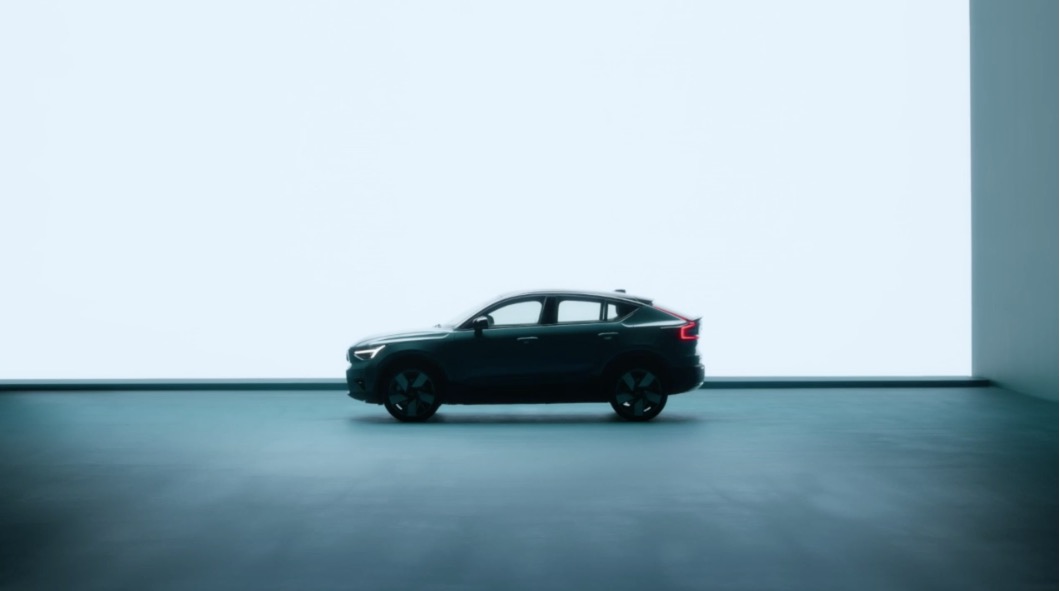TEL AVIV, Israel, March 4, 2021 /PRNewswire/ — Volvo Autonomous Solutions has signed an agreement with verification experts Foretellix to jointly address the challenges of large-scale verification of autonomous driving solutions on highways and confined areas, such as mines. Volvo Autonomous Solutions has formed a partnership with Foretellix to jointly create a Coverage Driven Verification solution… Continue reading Volvo Autonomous Solutions forms Partnership with Foretellix
Tag: Volvo
Tesla is losing market shares to Ford Mustang Mach-E, according to Morgan Stanley
Morgan Stanley is out with a new report stating that Tesla is losing market shares to the Ford Mustang Mach-E in the US. The firm released its February 2021 US auto sales report and they found that electric vehicle sales were up by almost 40%. Tesla still had majority market shares, but it fell compared… Continue reading Tesla is losing market shares to Ford Mustang Mach-E, according to Morgan Stanley
Stellantis sees rebound in 2021, but chip shortage a worry
MILAN (Reuters) – Low global car inventories and cost cuts should boost Stellantis’s profit margins this year, though a shortage of semiconductors and investments in electric vehicles could weigh on results, the newly-formed automaker said on Wednesday. FILE PHOTO: The logo of Stellantis is seen at the main entrance of the FCA Mirafiori plant in… Continue reading Stellantis sees rebound in 2021, but chip shortage a worry
Tata Motors’ Pratap Bose among finalists for 2021 World Car Person of the Year
India’s and Tata Motors’ Pratap Bose is among the top five finalists for the 2021 World Car Person of the Year award. The five names were announced today when 93 World Car Awards (WCA) jurors from 28 countries collectively voted for the finalists by secret ballot. KMPG tabulated the vote results. To be eligible, award… Continue reading Tata Motors’ Pratap Bose among finalists for 2021 World Car Person of the Year
@Geely-Volvo: Volvo Cars Moment: Recharge press conference now available on demand
Go to Source
@Geely-Volvo: Volvo Cars launches new, pure electric Volvo C40 Recharge
Go to Source
Volvo to go all electric by 2030 as it unveils second such model
LONDON (Reuters) — Volvo’s entire car lineup will be fully electric by 2030, the Chinese-owned company said on Tuesday, joining a growing number of carmakers planning to phase out fossil-fuel engines by the end of this decade. “I am totally convinced there will be no customers who really want to stay with a petrol engine,”… Continue reading Volvo to go all electric by 2030 as it unveils second such model
Tuesday Morning Auto News, Mar 02, 2021
Maruti Suzuki exports cross 2 million vehicles from India – Just-Auto Land Rover launches powerful Defender V8 – Just-Auto Nissan signs mobility MoU with Suzhou City, China – Just-Auto Toyota to Raise $4.7 Billion in ESG Debt to Fund Futuristic Hub – Bloomberg Geely’s Volvo Cars to be fully electric by 2030 – Just-Auto Lunaz… Continue reading Tuesday Morning Auto News, Mar 02, 2021
Volvo to sell only all-electric vehicles by 2030
Volvo Cars said it will only make and sell all-electric vehicles by 2030, as part of a broader transformation of the automaker that will include shifting sales online. “The key to sustainability is electrification, said Volvo Cars CEO Håkan Samuelsson during a presentation Tuesday. “Together with investments in charging infrastructure that is the right way… Continue reading Volvo to sell only all-electric vehicles by 2030
Volvo Cars launches new, pure electric Volvo C40 Recharge
Following the introduction of the XC40 Recharge and now the C40 Recharge, Volvo Cars will roll out several additional electric models in coming years. Already by 2025, it aims for 50 per cent of its global sales volume to consist of fully electric cars, with the rest hybrids. By 2030, it plans for every car… Continue reading Volvo Cars launches new, pure electric Volvo C40 Recharge
